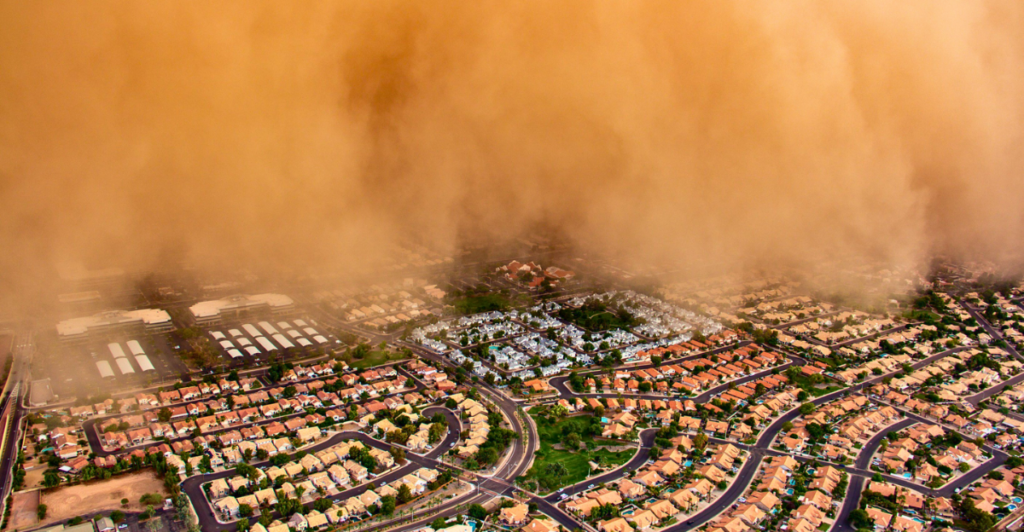
There’s a new player in the national security arena, and she’s got hurricanes, droughts, and a penchant for unpredictability. Yes, we’re talking about ecological disruptions. Once the domain of scientists and tree huggers, these environmental shake-ups are now catching the attention of generals and policymakers. Why? Because when ecosystems go haywire, it’s not just the polar bears who suffer—it’s entire nations. From food shortages to forced migrations, the ripple effects can destabilize regions faster than you can say “climate change.” Buckle up as we explore how Mother Nature’s mood swings are becoming a top-tier national security concern.
Climate Change

Climate change: the gift that keeps on giving (us headaches). Rising global temperatures are melting ice caps, fueling wildfires, and turning once-fertile lands into deserts. But beyond the obvious environmental impacts, these changes are stirring up trouble in the geopolitical sandbox. Scarce resources lead to conflicts, and extreme weather events can cripple economies.
The U.S. Department of Defense has labeled climate change a “threat multiplier,” meaning it takes existing problems and cranks them up to eleven. Ignoring it? Not an option unless you enjoy playing geopolitical Jenga during an earthquake.
Food Insecurity
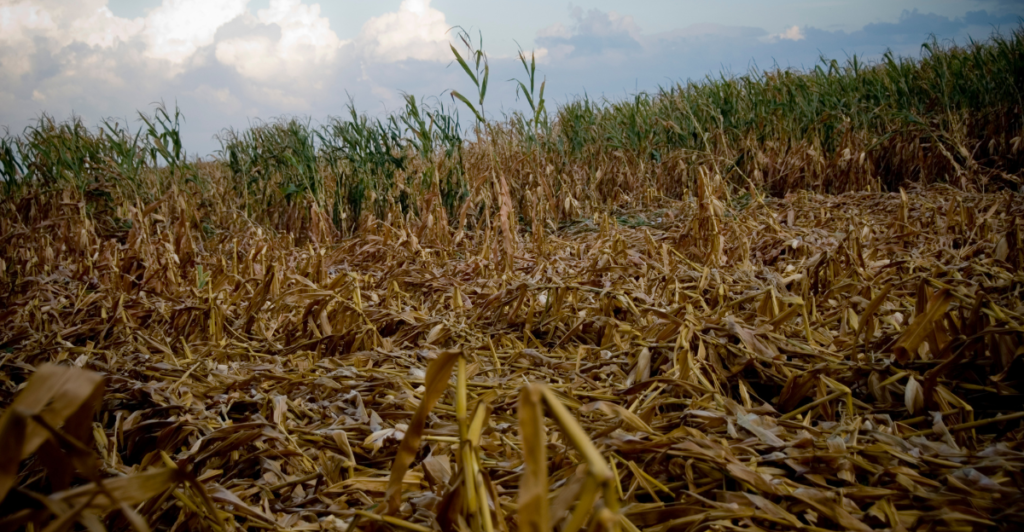
Imagine a world where your favorite snack is suddenly a luxury item. For many, this is becoming a reality as ecological disruptions wreak havoc on agriculture. Droughts, floods, and soil degradation are reducing crop yields, leading to food shortages and skyrocketing prices.
Hungry populations are understandably cranky populations, and history shows that food insecurity can spark protests, riots, and even revolutions. National security experts are now paying close attention to the dinner table, recognizing that a lack of bread can be just as destabilizing as a surplus of bombs.
Water Scarcity

Water: the original energy drink. Essential for life, yet increasingly scarce in many parts of the world. Overuse, pollution, and changing rainfall patterns are depleting freshwater sources. When rivers run dry, tensions rise. Countries sharing water basins may find themselves in disputes over access and usage rights. The term “water wars” is no longer confined to dystopian novels; it’s a looming reality.
Ensuring equitable distribution and sustainable management of water resources has become a critical component of maintaining peace and security on both national and international levels.
Biodiversity Loss
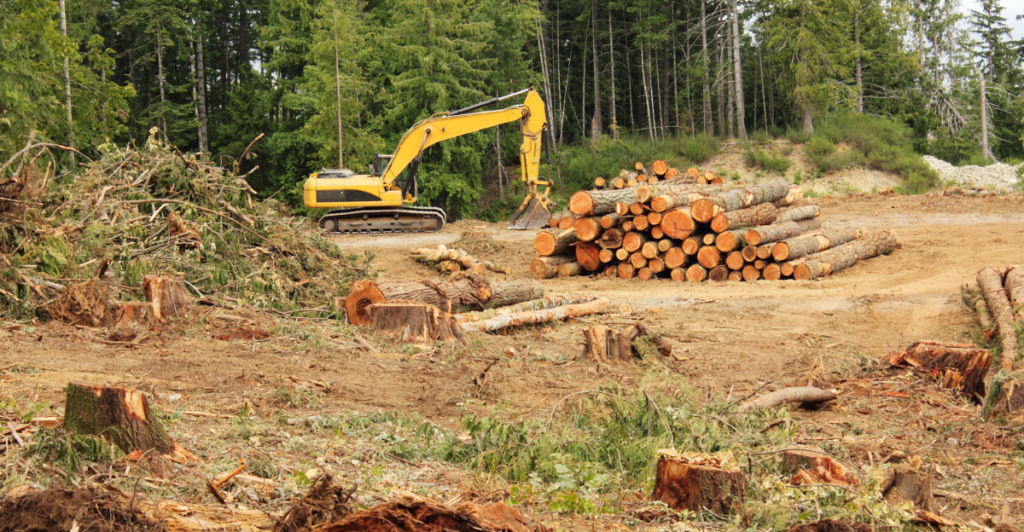
Biodiversity is like nature’s insurance policy, providing resilience against environmental shocks. However, habitat destruction, pollution, and overexploitation are driving many species to extinction. This loss isn’t just a tragedy for wildlife enthusiasts; it has tangible impacts on human societies. For instance, the decline of pollinators affects crop production, and the loss of medicinal plants limits healthcare options.
National security isn’t just about tanks and missiles anymore; it’s also about bees and trees. Protecting biodiversity is now recognized as a strategic move to safeguard resources and maintain ecological balance.
Pandemics

Zoonotic diseases—those that jump from animals to humans—are on the rise, thanks in part to ecological disruptions. Deforestation and habitat encroachment increase human-wildlife interactions, creating opportunities for viruses to leap species. The COVID-19 pandemic showcased how a micro menace can bring the world to its knees, disrupting economies and straining healthcare systems.
National security strategies are now incorporating public health preparedness, recognizing that in our interconnected world, a virus anywhere is a threat everywhere. Investing in disease surveillance and environmental conservation is no longer just altruism; it’s self-defense.
Migration
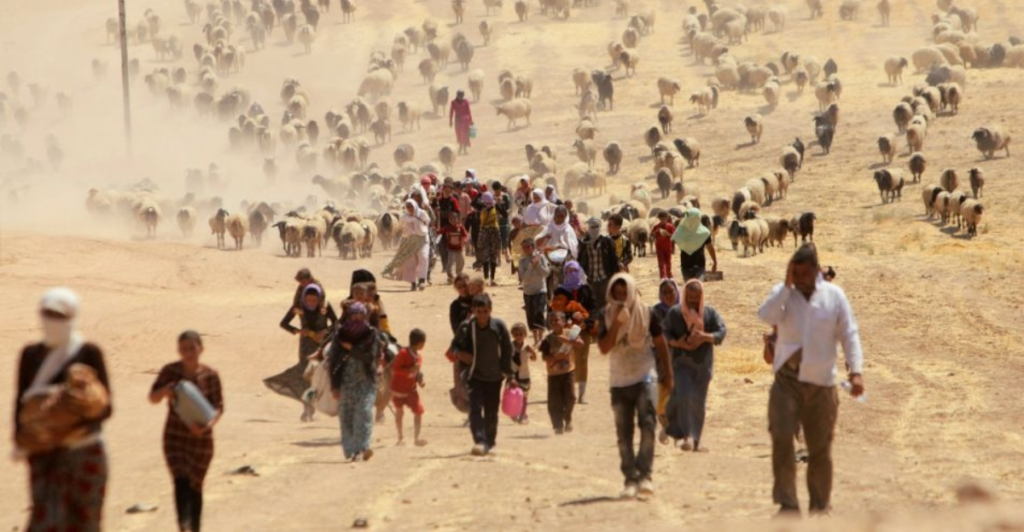
When ecological disruptions render regions unlivable, people move. Climate refugees are becoming an increasing reality as rising sea levels, desertification, and natural disasters displace communities. Mass migrations can strain urban infrastructures, create competition for jobs and resources, and sometimes lead to social unrest.
Countries are grappling with the challenge of integrating displaced populations while maintaining stability. National security policies are evolving to address these demographic shifts, emphasizing the need for proactive planning and international cooperation to manage the human tide.
Economic Strain
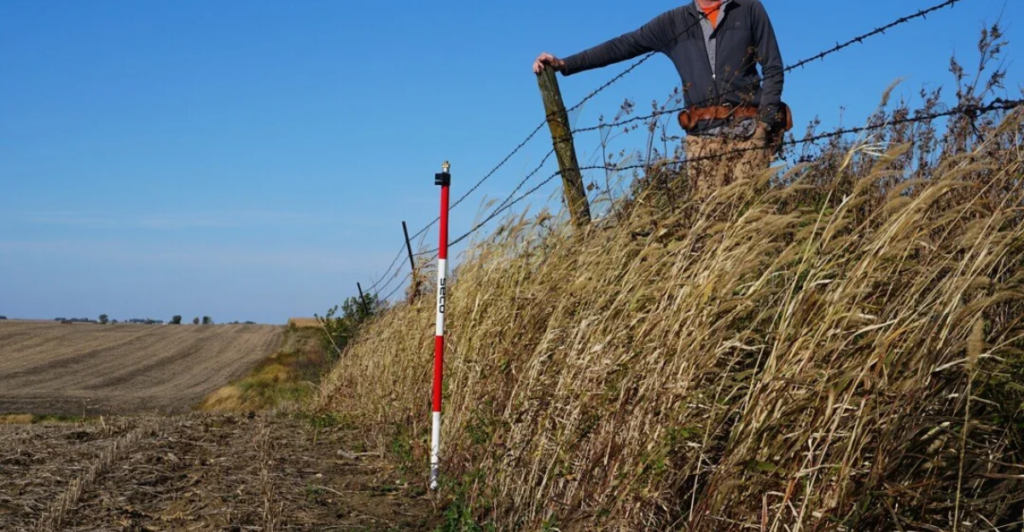
Ecological disruptions don’t just harm the environment; they hit wallets hard. Damage to infrastructure from extreme weather events, loss of agricultural productivity, and increased healthcare costs from pollution-related illnesses all strain national economies. A weakened economy can reduce a nation’s ability to defend itself and maintain global influence.
Recognizing this, governments are investing in sustainable practices and disaster resilience to buffer against the financial blows dealt by environmental upheavals. After all, a strong economy is a cornerstone of national security.
Global Cooperation

No nation is an island when it comes to ecological disruptions (even if it’s literally an island). Environmental challenges cross borders, making international collaboration essential. Treaties, joint research initiatives, and shared resources are becoming more common as countries realize that collective action is more effective than isolated efforts.
National security now involves diplomatic engagement on environmental issues, fostering alliances that transcend traditional geopolitical rivalries. In the face of global ecological challenges, teamwork isn’t just nice—it’s necessary.
Embracing Eco-Security

The line between environmental health and national security is blurring. Ecological disruptions are no longer distant concerns for scientists alone; they’re immediate challenges for policymakers and defense strategists. Addressing these issues requires a holistic approach that integrates environmental stewardship into national security frameworks. By doing so, nations can build resilience against the unpredictable tantrums of Mother Nature, ensuring stability and safety for their citizens. In the end, safeguarding the environment is synonymous with safeguarding ourselves.
Explore more of our trending stories and hit Follow to keep them coming to your feed!

Don’t miss out on more stories like this! Hit the Follow button at the top of this article to stay updated with the latest news. Share your thoughts in the comments—we’d love to hear from you!







